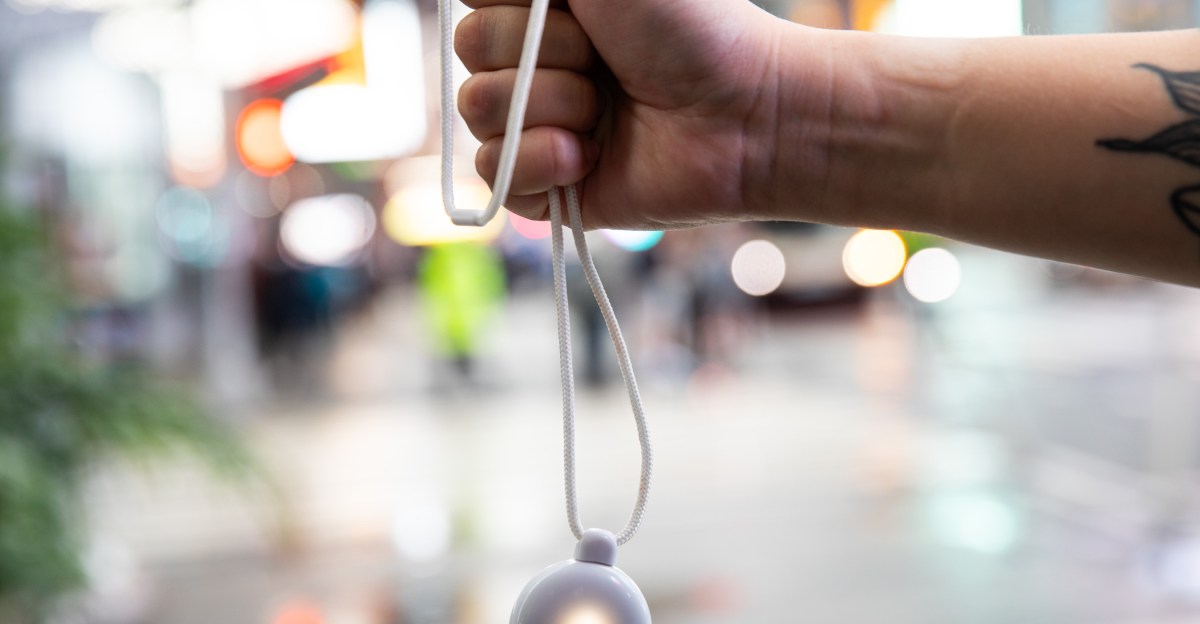Friend AI Pendant Sparks NYC Subway Protest After Aggressive Ad Campaign

Key Points
- Friend launched a $129 AI‑enabled necklace marketed as a portable "friend."
- The company spent over $1 million on a subway advertising campaign in NYC.
- Commuters reacted by defacing ads, chanting anti‑AI slogans, and staging a spontaneous protest.
- Founder Avi Schiffmann clarified he did not organize the protest but traveled to New York after seeing the photos.
- Schiffmann engaged with protesters, emphasizing dialogue and pledging not to sell the domain to big‑tech for surveillance.
- The incident illustrates public resistance to intrusive AI marketing and the need for careful outreach.
The wearable chatbot device Friend, launched by founder Avi Schiffmann, rolled out a high‑cost subway advertising campaign in New York City that quickly drew public ire. Commuters defaced the ads, shouted anti‑AI slogans, and organized a spontaneous protest that included tearing up cardboard cut‑outs of the device. Schiffmann later clarified he did not plan the event, traveled to New York after seeing the photos, and engaged with participants, emphasizing a desire for dialogue rather than sales to big‑tech firms.
Background and Product Launch
Friend, a company founded in 2023, introduced a $129 necklace that enables users to interact with a chatbot throughout the day. The device is marketed as a portable “friend” that can listen to conversations and offer feedback.
Advertising Campaign in the Subway
To promote the product, Friend invested heavily in a subway ad campaign that cost more than $1 million. The ads featured images of the pendant and appeared inside subway cars and on station walls, making the device highly visible to commuters throughout New York City.
Public Backlash and Protest
Commuters reacted strongly to the pervasive advertising. Many took photos of graffiti on the ads, while others deliberately avoided looking at the device images. A spontaneous protest emerged, organized through a flyer posted by Schiffmann that invited New Yorkers to “hash this out once and for‑all” and to “bring your markers.” Participants used Sharpies to deface a Friend banner, wrote profanity such as “Fuck AI,” drew a sad‑faced version of the device, and even played basketball while holding a cardboard cut‑out of the pendant.
Video footage from the event showed the crowd chanting “Get real friends,” tearing apart paper cut‑outs of the device, and shouting “Get that shit out of here” and “Fuck AI.” The protest was described by observers as a clear rejection of the ad campaign and the notion that an AI device could replace human friendship.
Founder’s Response
Avi Schiffmann, the founder, later told The Verge that he had no part in planning the protest. He said he flew to New York after receiving photos of the ads and the ensuing gathering. Schiffmann posted that he spoke to the crowd from a “soapbox,” later joined them in a park for a circle discussion, and described the encounter as a “productive conversation” that ended with handshakes.
He also shared an image of a handwritten document in which he promised not to sell Friend.com to big‑tech CEOs for “surveillance purposes.” Schiffmann emphasized that the protest was real but expressed that the interaction was more constructive than a complete disengagement.
Impact and Outlook
The incident highlights the challenges tech companies face when introducing AI‑driven wearables into public spaces, especially when marketing efforts are perceived as intrusive. While the protest underscored public discomfort with AI replacing social connections, Schiffmann’s willingness to engage with critics suggests a potential shift toward more transparent dialogue. The episode serves as a cautionary example for future advertising strategies involving emerging technology.